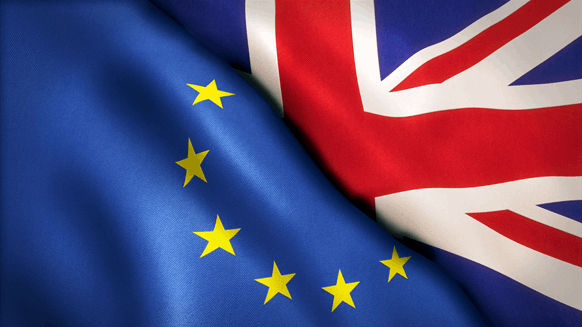Britain will join several European Union nations in pledging to increase renewable energy production in the North Sea as it continues its efforts to mend relations in the wake of Brexit.
The country will sign a declaration that aims to speed up the construction of offshore wind projects, including so-called energy islands, in the Belgian port city of Ostend along with eight other countries, including Germany and France. Norway is the only other non-EU nation that will sign the declaration, according to a draft seen by Bloomberg.
“In response to Russia’s aggression against Ukraine and energy blackmail attempts against Europe, we will accelerate our efforts to reduce fossil fuel consumption,” says the draft declaration, which will be signed by energy ministers on 24 ‘April. “We will continue to plan multiple energy. centers and islands”.
|
Objectives of offshore wind
|
|
The meeting comes just weeks after Britain and the EU resolved their differences over the Irish border and marks a further thaw in post-Brexit relations between the two sides. Climate and energy are seen as key areas of cooperation, with ambitious targets for decarbonisation.
British Prime Minister Rishi Sunak, who is expected to attend the summit, may have questions about plans to develop the Rosebank oil and gas field. A group of 40 EU lawmakers called on him to reject the plan.
According to the document, the countries will work together on joint renewable energy projects, such as boosting energy interconnections with North Sea offshore wind farms, as well as developing bilateral initiatives. For its part, the United Kingdom aims to establish up to 50 gigawatts of offshore wind capacity by 2030.
Other key areas of collaboration will focus on stimulating a market for renewable hydrogen and encouraging carbon capture and storage, where the North Sea is considered to have great potential for injecting carbon dioxide. The countries will also study the possibility of combining solar farms with offshore wind installations, according to the draft declaration.
In the area of security, the signatories — which also include Luxembourg, Denmark, Ireland, the Netherlands and Belgium — will also commit to better protect energy infrastructure from potential sabotage and hacking.


